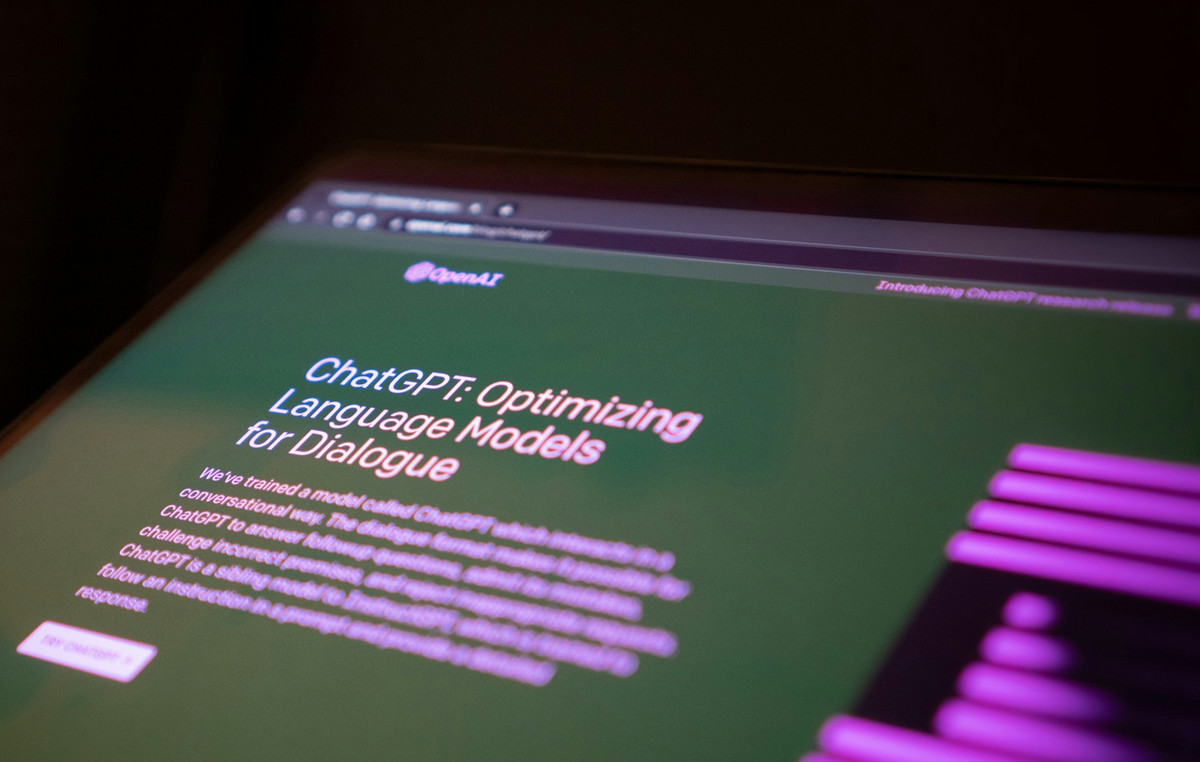Food is serious business in Italy, part of the national identity, as illustrated by a controversy that erupted over how to make carbonara pasta sauce.
Luca Cesari, a food historian and author from Bologna, faced criticism online after he posted a video on Instagram in which he presented what he said was the original version of carbonara, considered a classic of Roman cuisine.
Ditching the usual ingredients of Italian pecorino cheese and cured pork cheek to be mixed with eggs to create a creamy sauce, the carbonara presented by Cesari was made with Swiss Gruyere cheese, garlic, bacon and fried eggs.
Cesari said he found the recipe in question published in an Italian food magazine nearly 70 years ago and was trying to show how the recipe had evolved over the decades.
“I simply remade the 1954 carbonara, the first featured in ‘Cucina Italiana’ magazine. It’s not my fault that was the carbonara recipe!” he told Reuters.
“Over the years, a number of different recipes for carbonara have emerged, including those using raw ham in the fifties. In the United States, you could even find versions with vongoles or mushrooms.”
Alberto Grandi, another food historian who has been criticized for questioning established Italian culinary traditions, came to Cesari’s defense.
In his own Instagram video, he denounced a kind of “gastronomism that prevents us from calmly reasoning about the topics of our cuisine.”
Other examples of what Italians consider food heresy are pairing pasta with ketchup sauce or adding pineapple to pizza, along with a ban on ordering cappuccino after lunch.
Cesari said he won’t change his mind and is ready to stir up more culinary controversy.
“This was just the first video… I’m preparing a new one about the traditional Neapolitan pizza from 1800 with vongoles!”
Source: CNN Brasil
Bruce Belcher is a seasoned author with over 5 years of experience in world news. He writes for online news websites and provides in-depth analysis on the world stock market. Bruce is known for his insightful perspectives and commitment to keeping the public informed.







